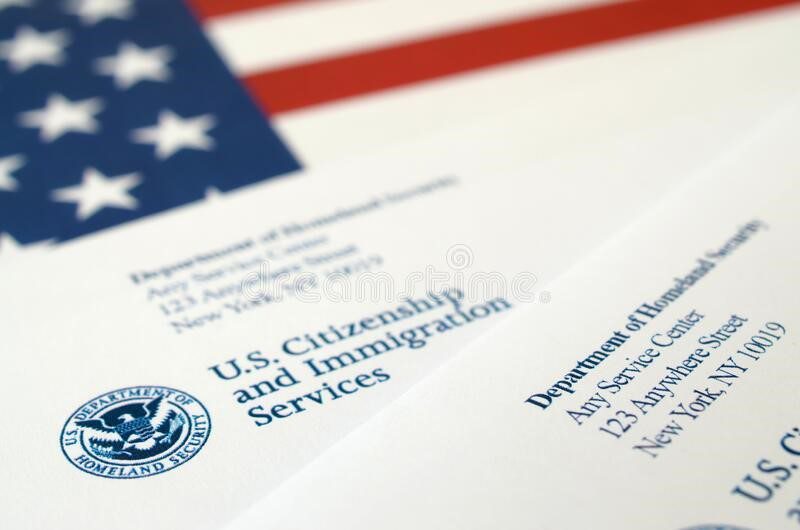We are often asked whether we handle green card petitions and applications for outstanding Professors and Researchers, while avoiding the time-consuming and stressful labor certification process. We do! In fact, these are some of our favorite cases.
There are different options available for outstanding Professors and Researchers to get lawful permanent resident status in the United States without a labor certification, including the EB-1A “Extraordinary Ability” category, the EB-1B “Outstanding Professors and Researchers” category, and the EB-2 “National Interest Waiver” category.
At Tidwell, Swaim, & Farquhar, P.C., we have many years of experience and a proven track record of success with each of these categories. We are also more than happy to challenge an erroneously denied petition under one of these categories by filing a lawsuit against the U.S. Citizenship and Immigration Services (USCIS) in federal court, as we have done successfully in Eguchi v. Kelly, No. 3:16-CV-1286-D, 2017 U.S. Dist. LEXIS 104974 (N.D. Tex. July 7, 2017). In that case, USCIS denied an EB-1A “Extraordinary Ability” petition that we had filed, based on a misapplication of law. We filed a Motion to Reconsider with USCIS, pointing out their legal error and asking them to correct it, but USCIS denied that Motion. We then bypassed filing an appeal with USCIS’s Administrative Appeals Office and filed a lawsuit in federal district court. The judge granted our Motion for Summary Judgment and ordered USCIS to properly apply the law. USCIS reopened the case and approved it within three days of the court’s order. We were also able to collect the attorneys’ fees that were expended in that litigation from USCIS.
For many, the most straightforward option may be the EB-1B “Outstanding Professors and Researchers” category. It requires demonstrating international recognition for outstanding achievements in the academic field. However, this category also comes with other requirements which not all Professors and Researchers would be able to meet. It requires a definite and specific job offer from a U.S. university, institution of higher education, or private employer; that employer must be willing to file a petition on the individual’s behalf; that offered position must be tenured or tenure-track, or a comparable research position; and the individual must have three years of experience in teaching or research within their field.
The other two options do not require a definite and specific job offer, although they do require a definite plan for how the individual will continue to conduct their work in the United States. The other two options also do not require a company to file a petition on behalf of the individual; the individual may “self-petition” and file the petition on their own behalf. However, it can be more difficult to prove that the individual is qualified for either the EB-1A “Extraordinary Ability” category or the EB-2 “National Interest Waiver” category than for the EB-1B “Outstanding Professors and Researchers” category.
The EB-1A “Extraordinary Ability” category requires demonstrating extraordinary ability in the individual’s field and sustained national or international acclaim in the field.
The EB-2 “National Interest Waiver” category requires demonstrating that the work the individual will be doing in the United States has both substantial merit and national importance, that the individual is well-positioned to advance the proposed endeavor; and that, on balance, it would benefit the United States to allow the individual to get a green card without a specific job offer and without testing the U.S. labor market for qualified and willing U.S. applicants.
While each of these categories may be an option for certain Professors and Researchers, there are considerable differences between each category, and they are not one-size-fits-all.
If you would like to see if you qualify under any of these categories, please contact our office to schedule a consultation.



